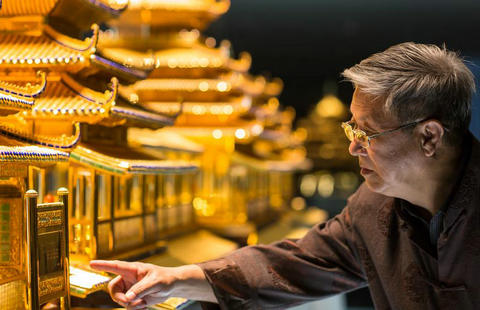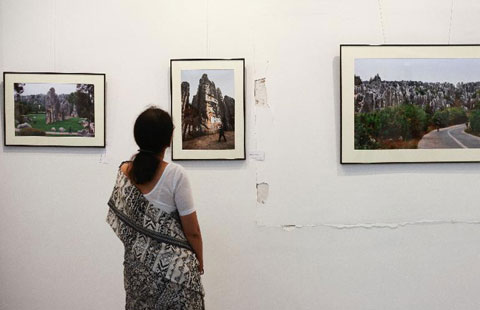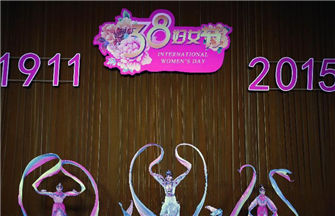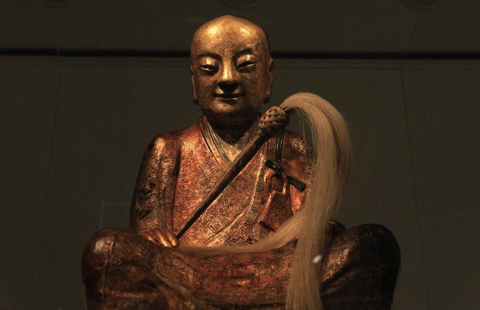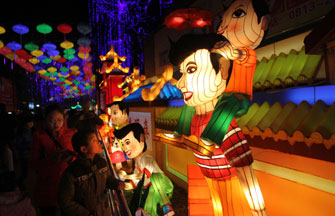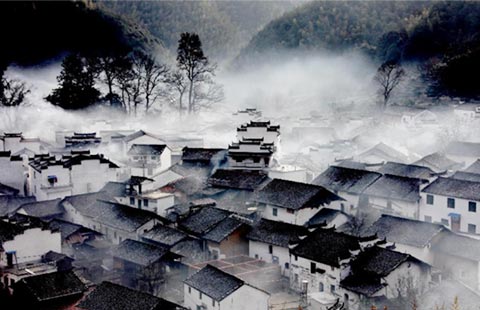Swiss orchestra celebrates Chinese composer's work
By Chen Jie ( China Daily ) Updated: 2015-03-23 08:20:05
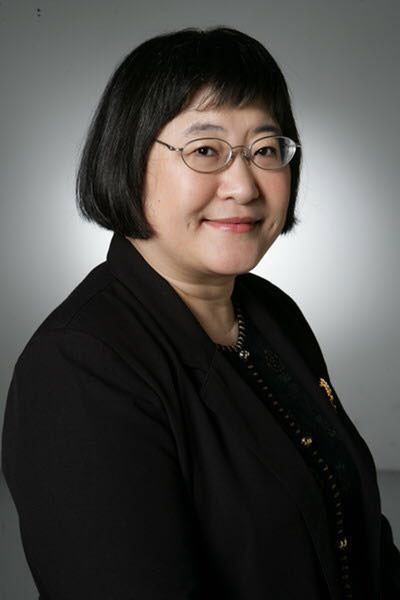 |
|
Chinese composer Chen Yi. [Photo provided to China Daily] |
"I think the piece is most appropriate to perform in Beijing and Shanghai in such a beautiful spring."
Commissioned by the Women's Philharmonic, San Francisco, during Chen's residency in 1993, the piece was premiered in January 1995.
In the early 1980s, Chen, then a student at the China Central Conservatory of Music, visited Southwest China's ethnic regions to collect folk music. She found that to celebrate the Chinese Lunar New Year and the Mid-Autumn Festival, Zhuang ethnic people often gathered in fields and sang songs in solo, choir or antiphonal forms.
In the antiphonal singing, distinct groups or individuals make up the texts in the style of antithetical couplets, simulating a competition between the two.
The vivid scenes inspired her to write music for keeping people in high spirits. The pitch and rhythms in the piece are taken from folk songs and dance music of Zhuang, Miao, Yi and Bouyei ethnic groups.
The Guangzhou-born Chen is a prolific composer who is good at blending Chinese and Western traditions, transcending cultural and musical boundaries. Now she has the distinguished professor chair at the Conservatory of the University of Missouri-Kansas City, and is the recipient of the prestigious Charles Ives Living Award from the American Academy of Arts and Letters.
With a history of near 140 years, Basel Symphony Orchestra is one of Europe's oldest orchestras.
"Though Switzerland has no such famous musicians as Mozart and Beethoven, it has many world-class orchestras because of its well-developed economy and education system," says Wu Jiatong, CEO of Wu Promotion, which presented Basel Symphony Orchestra in China in 2004 and 2010. "And compared to Berlin or Vienna, Basel is more famous for debuting modern works."
If you go
March 23, Beijing: Forbidden City Concert Hall, 010-6559-8285, 010-6559-8306.
March 25: Shanghai Oriental Arts Center, 021-6854-1234.
|
|
|
|
|
|
|
|



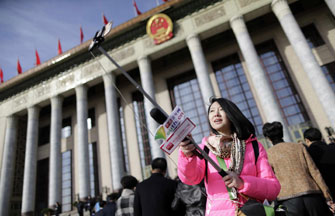

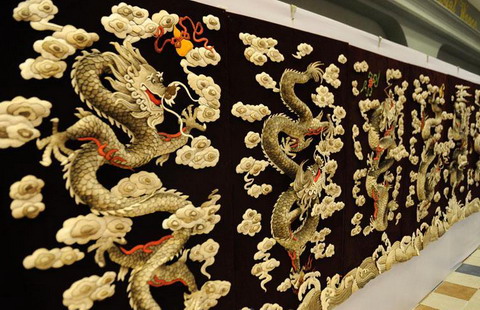
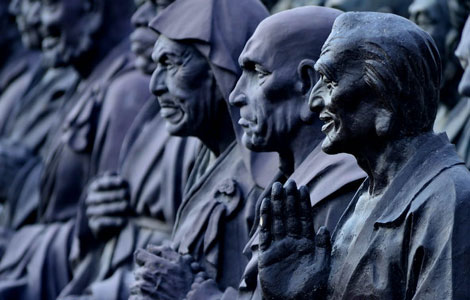
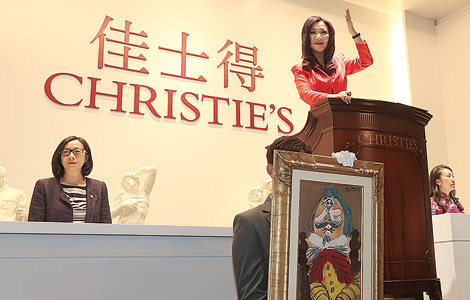







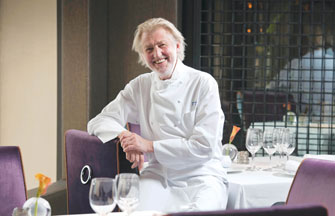


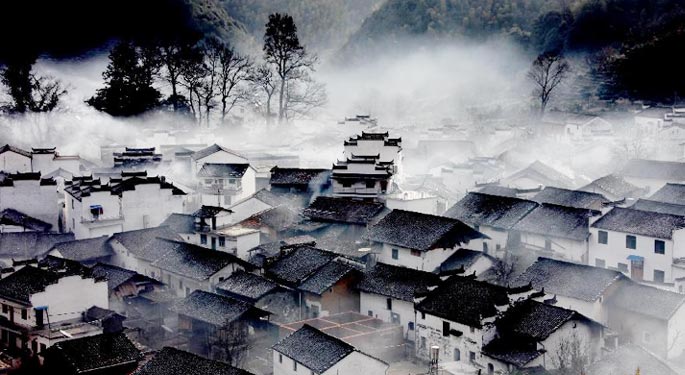


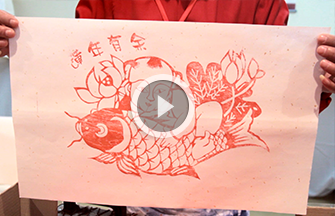
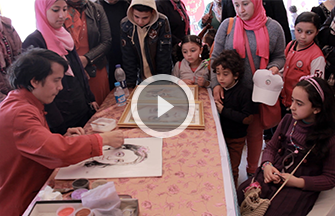
 Raymond Zhou:
Raymond Zhou: Pauline D Loh:
Pauline D Loh: Hot Pot
Hot Pot Eco China
Eco China China Dream
China Dream China Face
China Face
